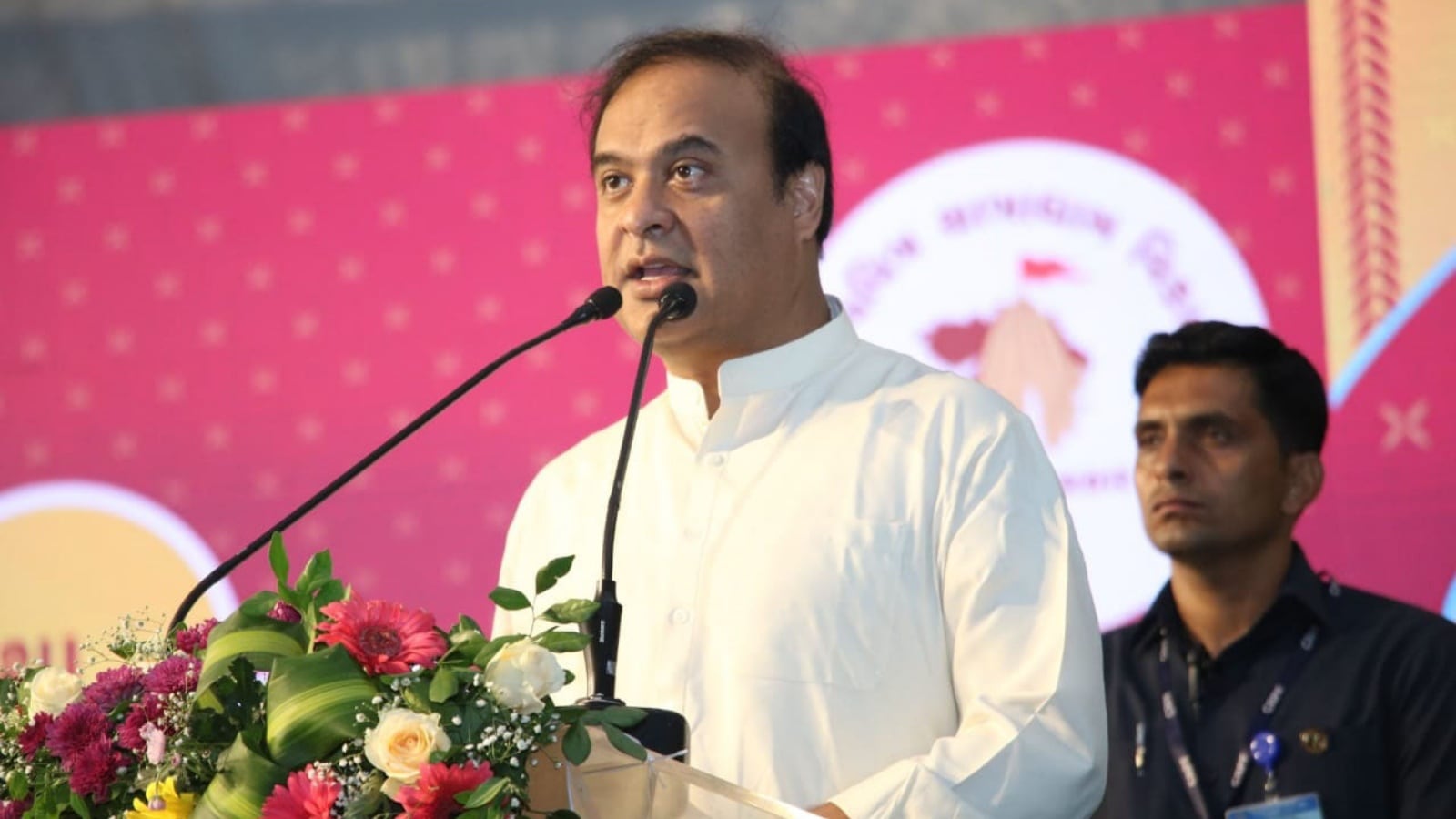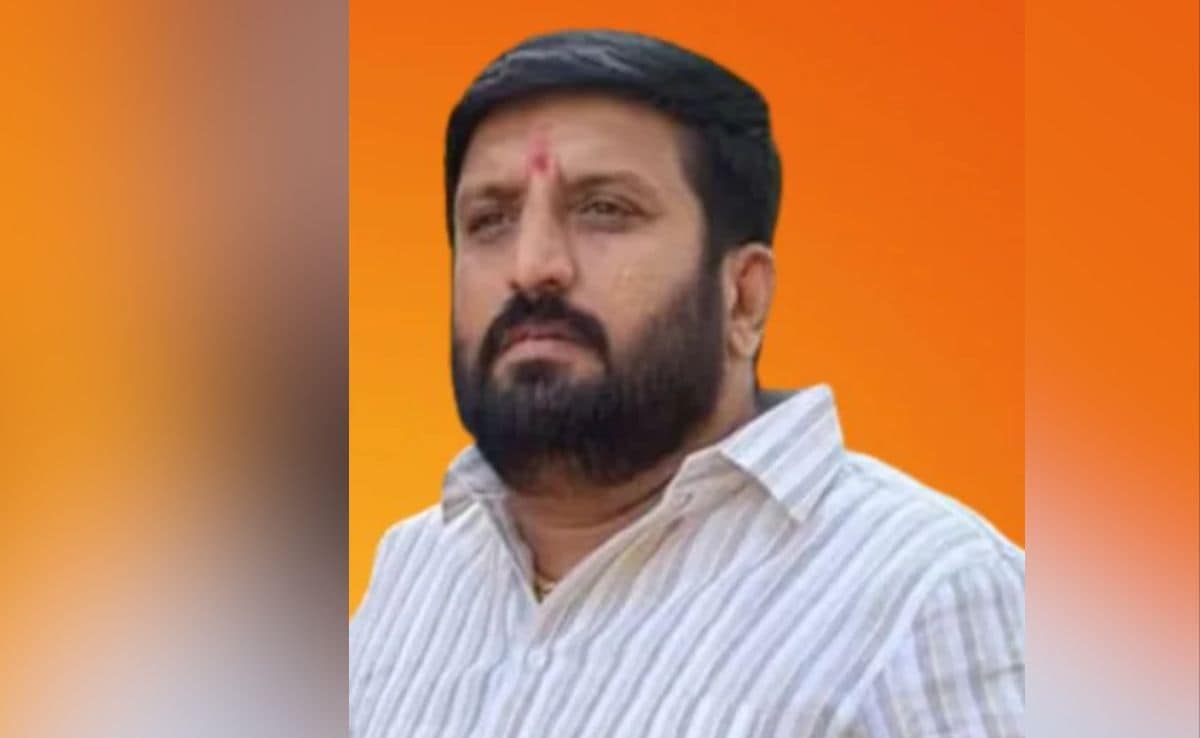Child rights activists have objected to a recent circular issued by Kerala University that requires students applying for admission to submit a self-declaration stating that they have not been charged with or punished for any criminal offences.
The circular also mandates that applicants declare they have neither been debarred from any college nor penalised for examination malpractice. However, the directive does not distinguish between offences allegedly committed when the applicant was a minor and those committed after attaining adulthood.
This is said to run contrary to the provisions of the Juvenile Justice (Care and Protection of Children) Act, 2015 (JJ Act), which protects the rights of minors and explicitly prohibits any disqualification or adverse consequence for offences committed before the age of 18.
The parents of several higher education aspirants involved in cases before the Juvenile Justice Board have expressed anxiety over the university’s directive.
Child rights activist and former member of the Kerala State Commission for Protection of Child Rights (KeSCPCR) J. Sandhya says the circular could have wide ramifications and appears to have been issued without adequate study.
“The directive compels families to disclose cases registered when the applicant was a minor, despite such disclosure being expressly prohibited under the JJ Act. Section 24 of the Act bars any disqualification or adverse consequence for an offence committed by a person below 18 years of age. The provision embodies the principles of confidentiality and a fresh start, ensuring that a child once in conflict with the law is not subjected to stigma or discrimination in future educational or employment opportunities,” she says.
KeSCPCR Chairperson K.V. Manoj Kumar pointed out that the cases involving minors came solely under the jurisdiction of the Juvenile Justice Board and cannot be considered by any other authority. He said the commission would register a suo motu case and seek a formal explanation from the university on the circular’s implementation.
Responding to the criticism, University Vice-Chancellor in-charge Mohanan Kunnummal clarified that the circular was intended only as a general guideline and that there was provision for appeal in cases of grievances. “The university will act as the appellate authority and consider such cases on individual merit,” he said.
Dr. Kunnummal said the directive was introduced following a query from a college that had received an admission application from a student previously debarred for examination malpractice. “The measure is meant to provide guidance to colleges and instil a sense of security among parents,” he added.

 1 day ago
6
1 day ago
6








 English (US) ·
English (US) ·